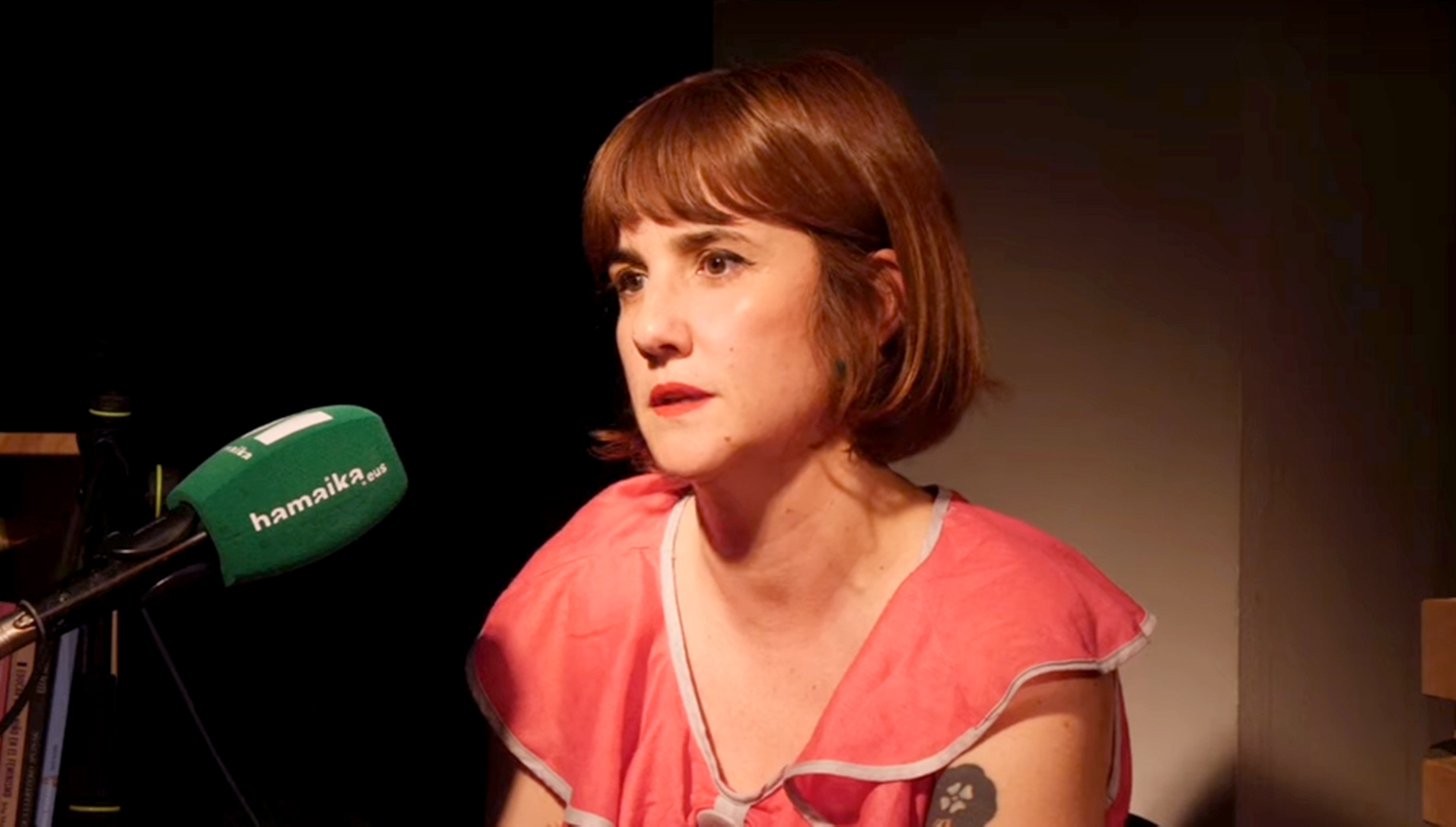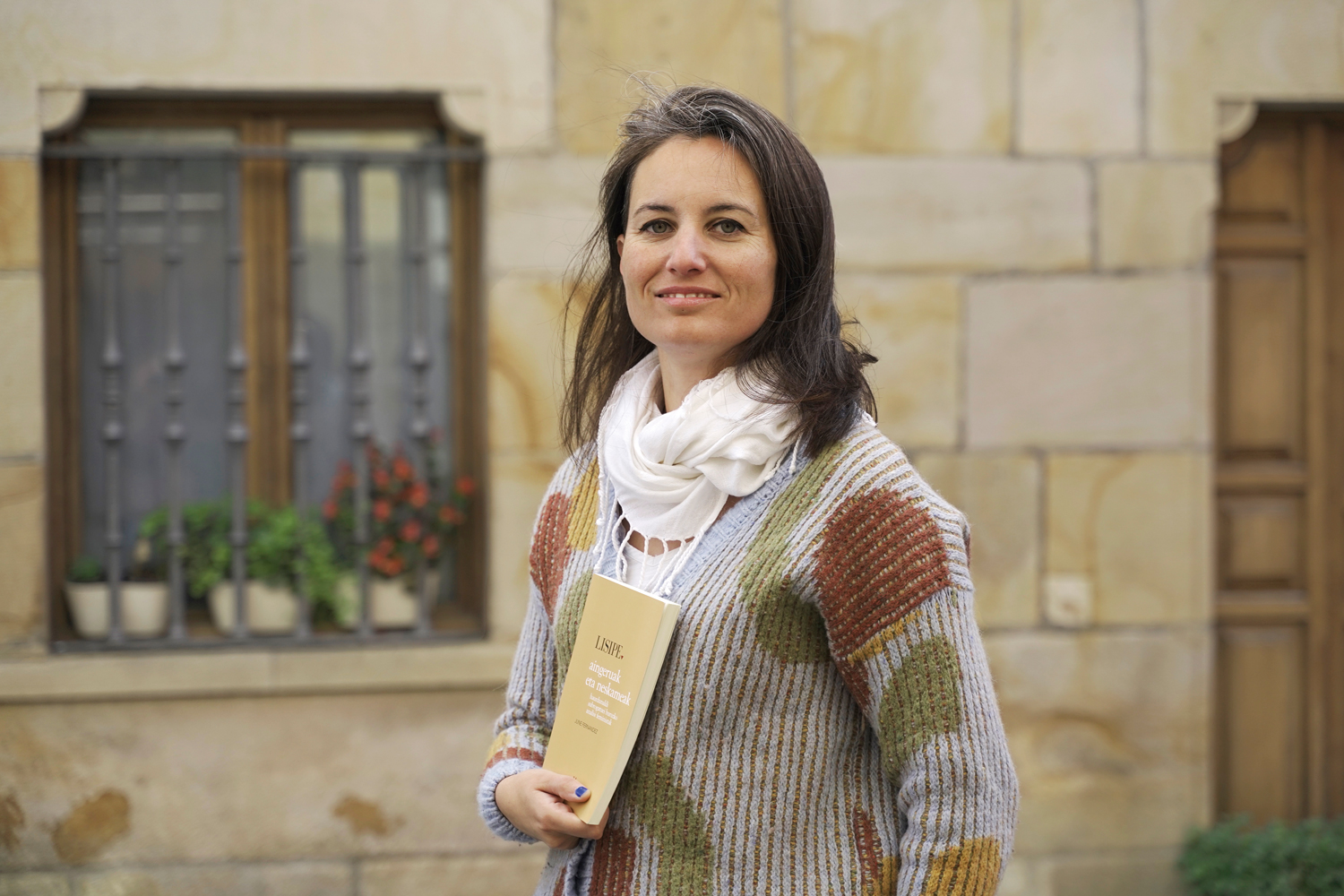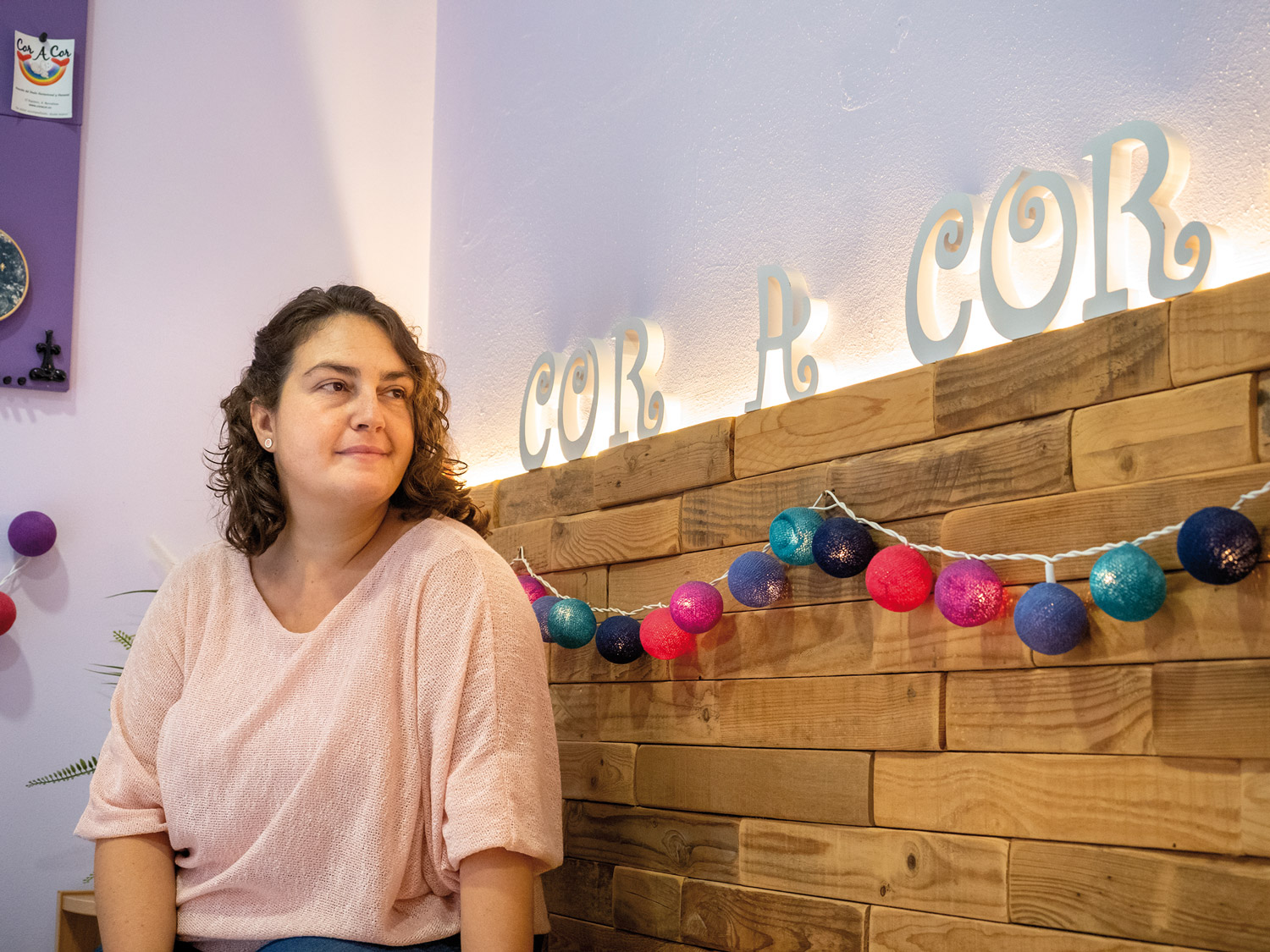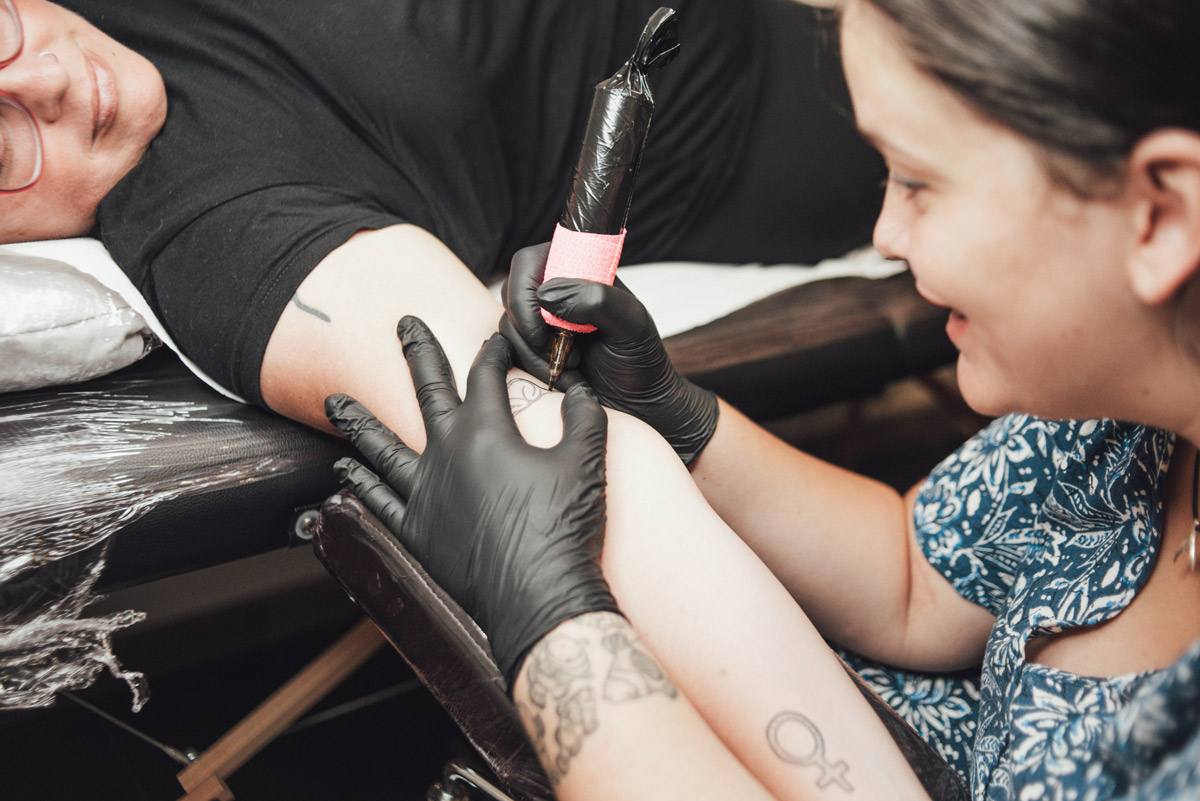Pregnancy: more than visible
- Obstetric physio Ane Etxeberria and perinatal psychologist Enara Beloki discuss the changes that occur from pregnancy to childbirth, as well as the tools to combat and empower them.

There's been talk about weaving networks, creating simple spaces for sharing, managing pain, empowering, etc. Together with other professionals, they will provide courses for the acquisition of tools for pregnancy, childbirth and puerperium at the Zarautz Initiative Centre, from 23 February to 22 March.
Muscle pain, joint response from muscle changes, pubis, lumbar and abdominal pain, digestive disorders, decreased pelvic floor tone, and many other changes can occur from pregnancy to childbirth. For Etxeberria, external “many fewer changes” are perceived: “It seems that it simply increases the belly and breasts, but inside there are a thousand changes and sometimes the pregnant woman is devalued in this process.”
In addition to physical changes, significant emotional and psychological changes can be felt. “As the lymphatic systems change, the brain changes and the emotional aspect becomes stronger,” explains Beloki. With these changes, the brain gradually adapts to the changes: “We are more sensitive, we empathize more, we start to connect with our personal history, how we have been educated, what we have received from our parents and what we want to convey.”
Furthermore, Beloki explains that in the last months of pregnancy there are more uncertainties and concerns: “It is noted that women have great insecurity in childbirth because the system has said they cannot do it without a doctor.” Therefore, one of the objectives of the courses is to restore the confidence of pregnant women in the negative stimuli of the system: “It is very important to create spaces for connection and listening to the body and the child, because sometimes we live very disconnected.”
Therefore, the courses aim to provide tools and information for the management of all these changes, to help identify their desires and needs and to create spaces for sharing. “As we sometimes think it’s something that only affects us, listening to the experiences of others helps a lot,” said Beloki.
Beloki believes that most of the works are carried out for childbirth: "When the delivery comes we get hit a lot because we're not prepared for it"
Tools for pain management
Regarding the moment of delivery, they consider it important to have tools for the management of physical and psychological pain. Etxeberria has observed two phases of physical pain: dilatation and expulsion. “It is key to maintain maximum peace of mind so that stress is minimal to perform the dilation phase,” he explains. He adds that respiratory control and external stimuli can help manage pain, for example, through massages performed by the auxiliary and pelvic pressures. Finally, knowledge of postures for pain management can be beneficial: “The important thing is to provide tools to have the resources to decide at the time.” However, it can vary a lot from birth to birth.
Furthermore, Beloki considers it important to know how to identify the negative stimuli that can be given in the delivery plan: “In hospitals there is often too much intervention and it is important to identify how professionals act to resume and empower.” In addition, at such a vulnerable moment, it is necessary to provide the companion with tools to defend the desires and needs of the pregnant woman.
Postpartum forgetfulness
There is also talk of information received by pregnant women and they say they receive “excessive information”. “With so much information it is difficult to identify what is really important. In addition, you seem to have to take a master’s degree in order to give birth,” says Etxeberria. She adds that since the tendency to romantic childbirth is “strong”, “very idealized” births are shown. However, he considers it necessary to report to be “as “as full as possible”: “Many things that fall into obstetric violence continue to happen in hospitals.”
Regarding childbirth, although there is a lot of information, he denounces that he speaks “very little” of postpartum: “Loss of urine and poop, difficulties in maintaining sexual intercourse, absence of orgasms or other things can happen, but it takes them by surprise because you don’t talk.”
Beloki also believes that most of the works are carried out for childbirth: “When the delivery comes, we hit hard, for example, I took it because we are not prepared for it.” Therefore, it is important to have accompaniment in both formal and informal spaces: “It can be a friend in the same situation or a acquaintance you’ve found on the street but is in the same phase.” So once the courses are finished, you'd like to create groups to talk about postpartum.
Onintza Enbeita denounced gordophobia in her column on October 4 in relation to the experience of a visit to the gynecologist. It can be said that we are all committed to entering the same body, and it is true, we have all heard what it is, but it is also true -- that what is... [+]
A few months ago, the sister had to interrupt her five-month pregnancy because of a mental deformation she was carrying with her. The decision was made between tears and five days after the news the child (Xoán) was in labor at the Cruces Hospital (they abort with the delivery... [+]





















